Social media gatekeepers
Social media is now an integral part of almost everyone’s life. People use them to communicate with each other, write messages, comment on posts, and share photos. Unfortunately, social networks are also exploited by cybercriminals to spread controversial and often inflammatory information. Modern digital technologies are attracting the attention of drug traffickers, terrorists, pedophiles, and human traffickers. Social media creators are working diligently to eradicate potentially harmful content. They have even created an entire industry that employs some of the very real gatekeepers of the Internet. Online platforms like 21point online casino also face challenges, as they must ensure a safe and secure environment for their users. The efforts of these gatekeepers are crucial in maintaining the integrity of digital spaces. They work tirelessly behind the scenes, often facing significant pressure, to protect users and create a safer online community for everyone. Let’s get to know them and understand the important role they play.
Internet Guardians: Who are they?
Today there are many different social networks, and on each of them one can come across inappropriate, dangerous and illegal content. On Facebook alone, users upload more than 350 million photos, several million animations, videos and text messages every day. And every bit of such voluminous content can contain malicious content that violates laws.
When social networking sites first appeared, volunteers took on the role of protecting users from risks. Moderators scrutinised online information, filtered it and removed inappropriate content. They were later replaced by professional Internet advocates who monitored the network 24 hours a day, seven days a week.
A new industry was born at the intersection of crisis management of advertising and information activities, public opinion analytics and online security.
The expansion of the social media industry to protect against dangerous content is occurring almost daily. This is mainly due to the rapid development of the Internet itself, the significant increase in the amount of content posted by users, and the move of many new companies from offline to online social media activity. Additionally, online platforms like the casino Kartáč are becoming increasingly vigilant in monitoring and regulating user interactions to ensure a safe environment. As businesses transition to digital spaces, the responsibility to safeguard users from harmful content has become a critical priority.
Statistics cited by Hemanshu Nigam, MySpace’s former chief security officer, suggest that between 250,000 and 300,000 people worldwide are involved in social media monitoring today. About 1 million more employees are responsible for protecting personal information and online security. Hemanshu Nigam also notes that the information from these statistics is conservative and constantly changing.
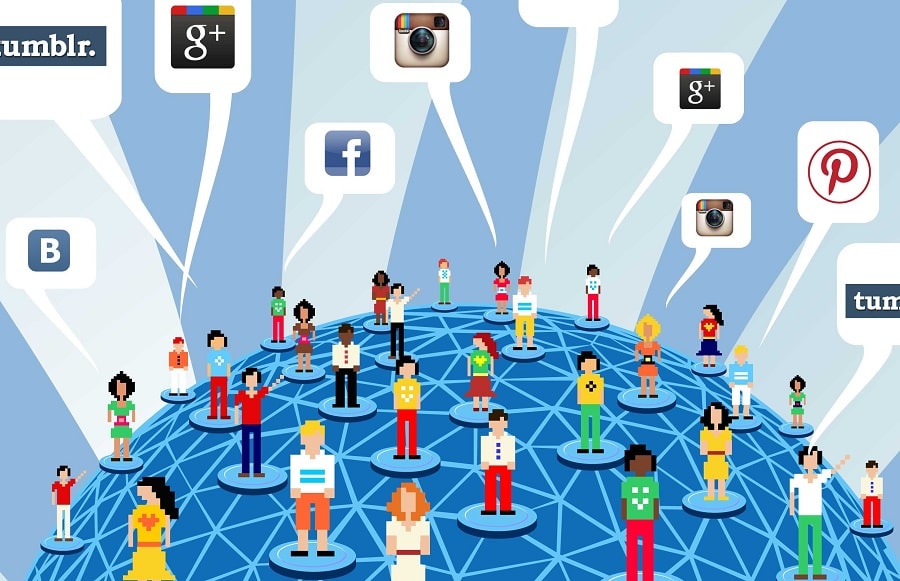
What do Internet gatekeepers do?
Emma Monks is head of moderation and security at Crisp Thinking, based in Leeds, UK. Today’s social media gatekeepers, she says, are direct descendants of those moderators who pioneered social networking and served as both editors and community owners.
The company, led by Emma Monks, is represented by leading experts in the social media risk protection industry. According to Emma herself, this work used to be done mostly by volunteers on a voluntary basis. It was a kind of hobby, and members of the community of moderators could make decisions about whether or not to remove certain content, based solely on their own opinions. Over time, however, the landscape has changed dramatically. With the rise of online platforms and the increasing prevalence of social media, the need for professional oversight has become more critical. Companies like Uniclub, an online casino, have also recognized the importance of maintaining a positive online presence, highlighting the broader applicability of these skills. Today, the work is more structured and regulated, with comprehensive guidelines and standards in place to ensure consistency and fairness. The expertise of these professionals is now indispensable in managing online reputations and mitigating risks associated with user-generated content. This shift reflects a growing recognition of the complexities involved in moderating online spaces and the value of specialized knowledge in this field.
Now there are professionals rather than amateurs in the field of social media moderation. Crisp interacts with sophisticated computer algorithms that search for potentially inappropriate and dangerous content.
Experts in Social Media Analytics and Risk Assessment scour popular companies’ websites and social media pages for dangerous postings containing illegal information on a daily basis.
Virtual cleaners
Virtual cleaners, or content managers, operate on the principle that consumer and brand presence on social media should be trouble-free. According to Crisp chief executive Adam Hildreth, compliance is important first and foremost for the companies themselves and helps them avoid a lot of trouble. If the off-line security is ensured by the police, the online security function is handled by the Crisp Internet law enforcement.
Hildreth has been working in social media since he was 14. It was then that he developed the social networking site Dubit Limited, which has gone on to become the most visited teen site in the UK. As Dubit grew in popularity, the risks of inappropriate content increased and there were fears of child molesters, who might well seek victims in social media. Dubit staff discovered other threats to the site’s visitors, so the creators’ natural response to such trends was to set up Crisp in 2006 under the leadership of Adam Hildreth.
Over the years, Crisp has significantly expanded its reach, evolving into a comprehensive monitoring service for online platforms. Today, the company actively scans social media for various issues and threats, ranging from aggressive pet volunteers targeting fur garment manufacturer websites to critical incidents like airliner or airport bomb threats posted on an airline’s Facebook page. Platforms like Quigioco also benefit from similar monitoring technologies to ensure user safety and maintain a secure environment for their online gaming communities. This proactive approach highlights the importance of digital vigilance in safeguarding both businesses and their users.
Adam Hildreth says his company’s customer base includes about 200 international brands, with its multibillion-dollar content reviewed by 200 professional analysts every month. When risks arise or inappropriate content is published, they correct the problem themselves (by removing the publication from the brand’s page, for example).
Crisp’s social media content analysts are professionally trained to identify the various types of risks (including reputational risk due to negative publicity or user safety due to physical reprisal risks).
Once a risk is identified, they apply these criteria to the content, classifying it into different types of threats. The Crisp analysts’ list of tasks also includes notifying customers about emerging risks and taking comprehensive measures to eliminate unsolicited content (deletion, reporting of illegal information to network administrators or law enforcement agencies).
Experience not necessary
Emma Monks notes that experience is not necessary for social media analysis. People applying for the job need only be observant, able to quickly identify different types of risks and apply them consistently to social media content. Consistency, according to Monks, is what ensures a high quality customer experience, as well as contributing to a healthy and safe online environment.
The social media analyst must be impartial, objective and stress-resistant, as content can include child pornography, dismemberment of human bodies and other shocking information. Optimism and communication skills are also useful in analytical work.
Many modern companies need quality protection against risks in social networks. It is simply impossible to exist in today’s online space without such protection,” says Hemanshu Nigam.
-
 Algorithmic Traps: How Social Media Shapes Our Worldview Without Us Noticing
Algorithmic Traps: How Social Media Shapes Our Worldview Without Us NoticingMost people think they “choose” what they watch, read, and …
-
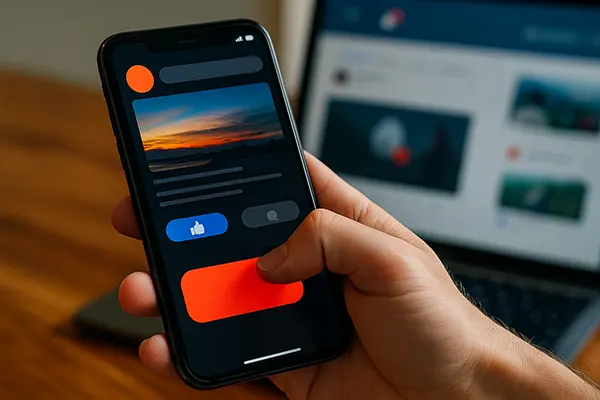 Dark Patterns in Social Media Interfaces: How UI Design Pushes Users Toward Unwanted Actions
Dark Patterns in Social Media Interfaces: How UI Design Pushes Users Toward Unwanted ActionsSocial media interfaces have evolved into systems that shape behaviour …
-
 Social Media and Privacy Policy Changes: How the Digital Services Act Shapes Brand Strategies
Social Media and Privacy Policy Changes: How the Digital Services Act Shapes Brand StrategiesThe regulatory landscape surrounding social media has undergone significant transformation …
-
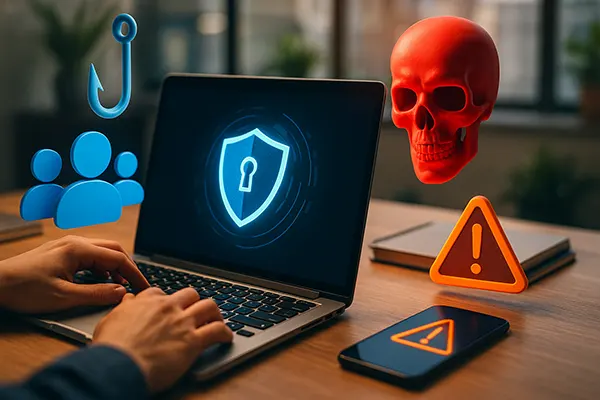 Social Media and Cybersecurity: Emerging Threats for Small and Medium-Sized Businesses in 2025
Social Media and Cybersecurity: Emerging Threats for Small and Medium-Sized Businesses in 2025In 2025, social media has become both a vital marketing …
-
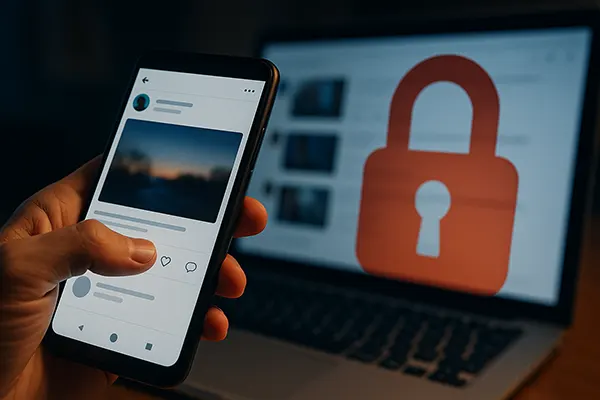 Shadow banning: how social media secretly restricts reach and why no one talks about it
Shadow banning: how social media secretly restricts reach and why no one talks about itIn 2025, social media has become an essential space for …
-
 Social Media Design and the Psychology of Addiction: What Keeps Users Coming Back
Social Media Design and the Psychology of Addiction: What Keeps Users Coming BackSocial media has become an integral part of everyday routines, …
-
 Chatbots in Direct: Sales Automation on Instagram and Facebook in 2025
Chatbots in Direct: Sales Automation on Instagram and Facebook in 2025In 2025, the role of chatbots in social media has …
-
 Prototoxic Content and Strategic Approaches to Strengthening Audience Mental Health
Prototoxic Content and Strategic Approaches to Strengthening Audience Mental HealthAs social media continues to shape online discourse, the emergence …
-
 Social Engineering through AR Filters: A New Influence Tool on Teenagers
Social Engineering through AR Filters: A New Influence Tool on TeenagersIn 2025, augmented reality (AR) filters remain a staple of …
-
 Social Media for Kids: How TikTok Kids and YouTube Kids Address Safety Concerns
Social Media for Kids: How TikTok Kids and YouTube Kids Address Safety ConcernsSocial media has become an integral part of daily life—even …
-
 Social Media Trends 2025: Innovations and Technological Shifts
Social Media Trends 2025: Innovations and Technological ShiftsSocial networks continue to evolve rapidly, shaping how we communicate, …
-
 Social Media and Information Fatigue: How AI Helps Users Filter Content
Social Media and Information Fatigue: How AI Helps Users Filter ContentEvery day, millions scroll endlessly through social feeds, often unaware …
-
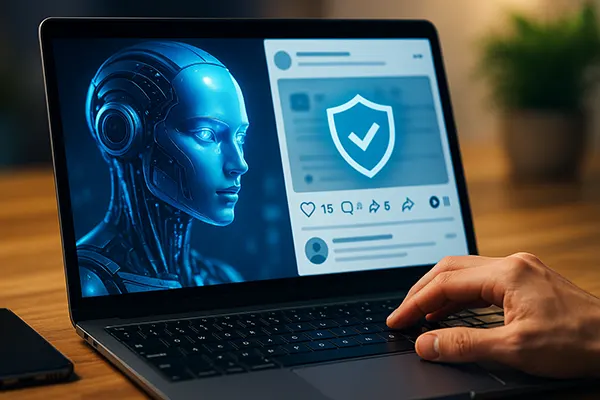 AI Moderation 2025: How Artificial Intelligence Transforms Social Media Safety
AI Moderation 2025: How Artificial Intelligence Transforms Social Media SafetyAs social media continues to play a central role in …
-
 New TikTok Trend 2025: Unverified Biohacking Tips and the Health Risks for Young People
New TikTok Trend 2025: Unverified Biohacking Tips and the Health Risks for Young PeopleIn early 2025, TikTok feeds are flooded with self-proclaimed health …
-
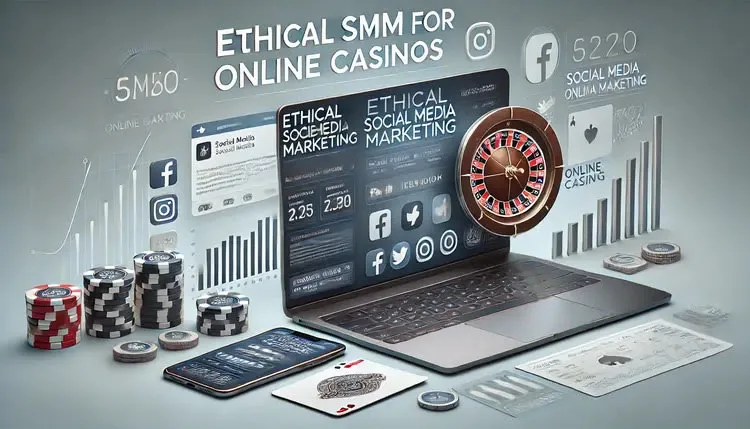 Ethics in SMM: How to Promote a Brand Honestly and Transparently
Ethics in SMM: How to Promote a Brand Honestly and TransparentlySocial media marketing (SMM) is an essential part of brand …
-
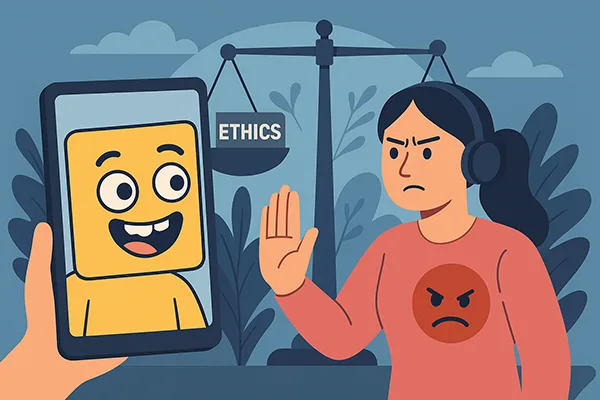 Meme Culture vs Ethics: When Social Media Humour Crosses the Line
Meme Culture vs Ethics: When Social Media Humour Crosses the LineMeme culture has become a powerful form of digital expression, …
-
 Best Practices in Social Media Targeted Advertising
Best Practices in Social Media Targeted AdvertisingSocial media targeted advertising has become an essential tool for …
-
 Fake News, Manipulation, and Propaganda: How Social Media Becomes a Tool of Influence
Fake News, Manipulation, and Propaganda: How Social Media Becomes a Tool of InfluenceSocial media platforms have evolved into powerful instruments of influence, …
-
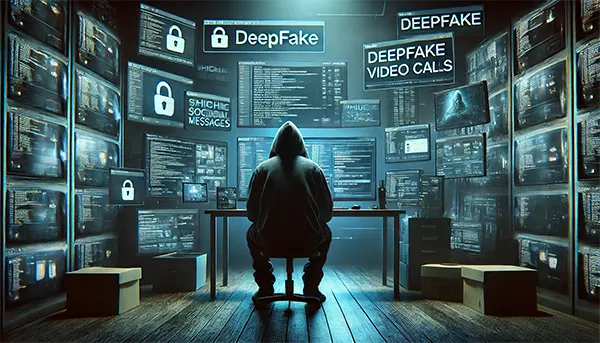 Social Media and Cybersecurity: The Most Dangerous Scam Schemes of 2025
Social Media and Cybersecurity: The Most Dangerous Scam Schemes of 2025Social media has become an essential part of daily life, …
-
 Content plan for social networks: how to make a content plan and why is it necessary?
Content plan for social networks: how to make a content plan and why is it necessary?Creating a content plan for social networks is a crucial …
-
 Ethics in Social Media: Balancing Privacy and Publicity
Ethics in Social Media: Balancing Privacy and PublicitySocial media has revolutionised how we connect, communicate, and share …
-
 Social Media for Business: Top Platforms in 2025
Social Media for Business: Top Platforms in 2025In 2025, social media continues to shape how businesses engage …
-
 The Role of Social Media in Shaping and Supporting Subcultures
The Role of Social Media in Shaping and Supporting SubculturesSocial media has become a transformative force in modern society, …
-
 The Role of Social Media in Promoting Science and Technology
The Role of Social Media in Promoting Science and TechnologySocial media has transformed the way science and technology are …
-
 Strategies for User Engagement on Social Media for Gambling Companies
Strategies for User Engagement on Social Media for Gambling CompaniesUnderstanding User Engagement in Social Media for Gambling Companies Engaging …
-
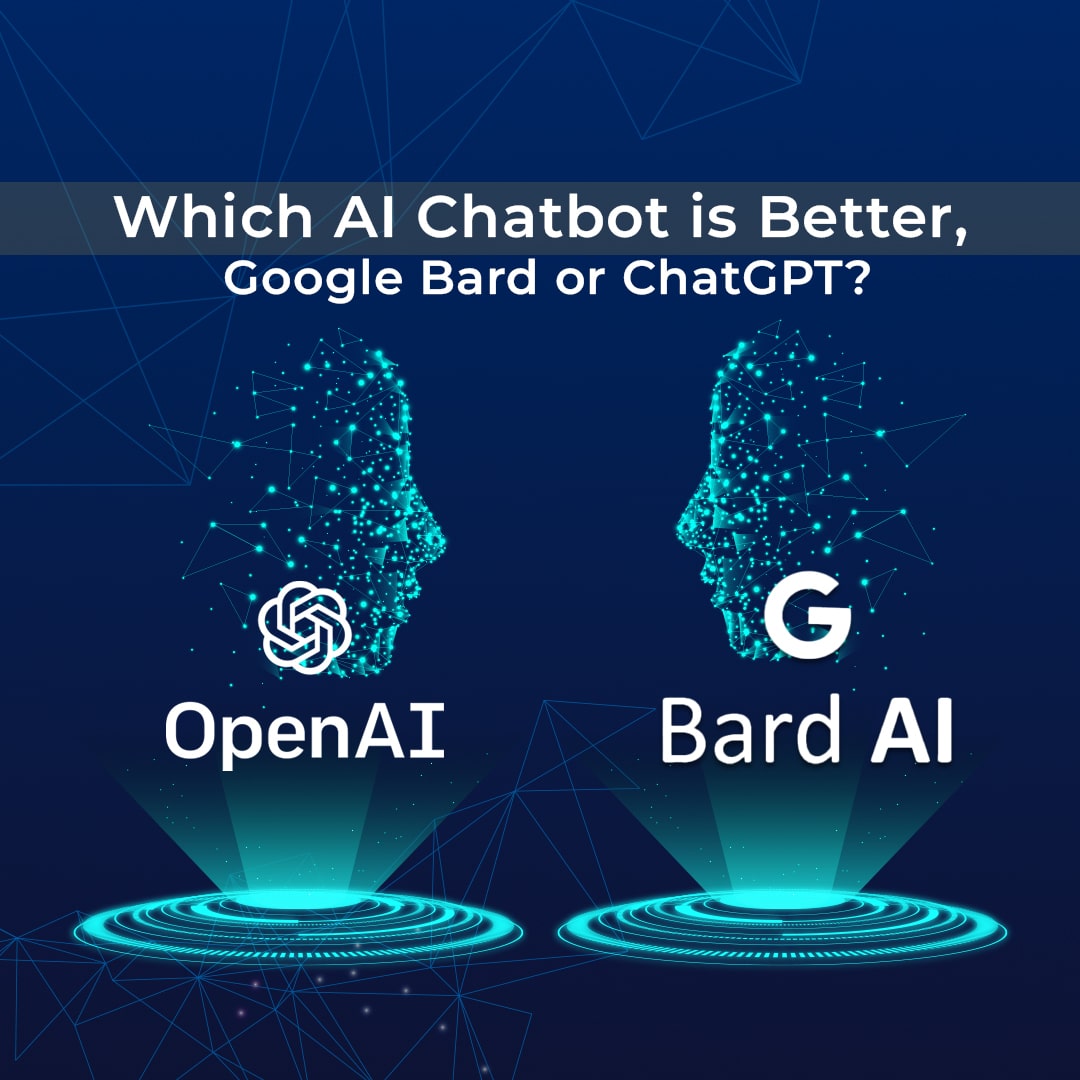 Google Bard vs. ChatGPT: Dive into Generative AI
Google Bard vs. ChatGPT: Dive into Generative AIIn the world of AI-powered conversations, the likes of Google’s …
-
 How Social Networks Help Casinos Retain Customers
How Social Networks Help Casinos Retain CustomersIn today’s digital era, social networks play a crucial role …
-
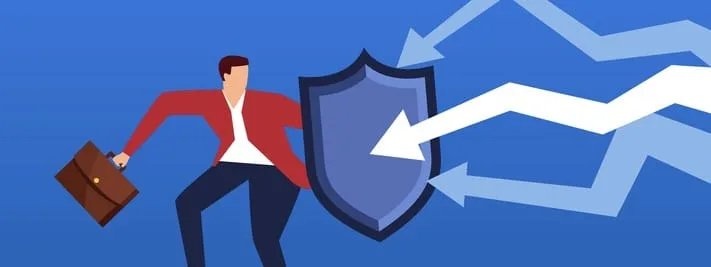 Social Media Crisis Management: How to Handle Negative Publicity
Social Media Crisis Management: How to Handle Negative PublicityIn the modern digital age, social media platforms can act …
-
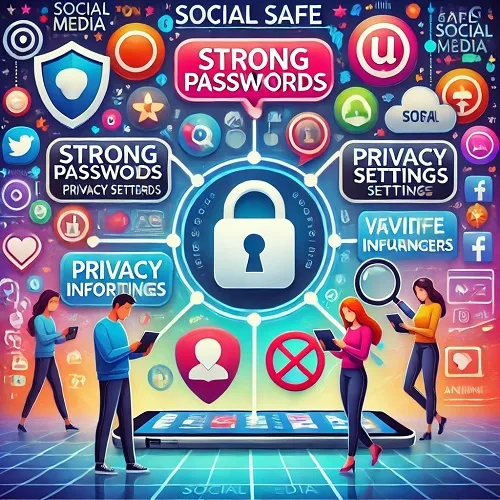 Protect Yourself on Social Media: A Comprehensive Guide
Protect Yourself on Social Media: A Comprehensive GuideSocial media platforms have become an integral part of our …
-
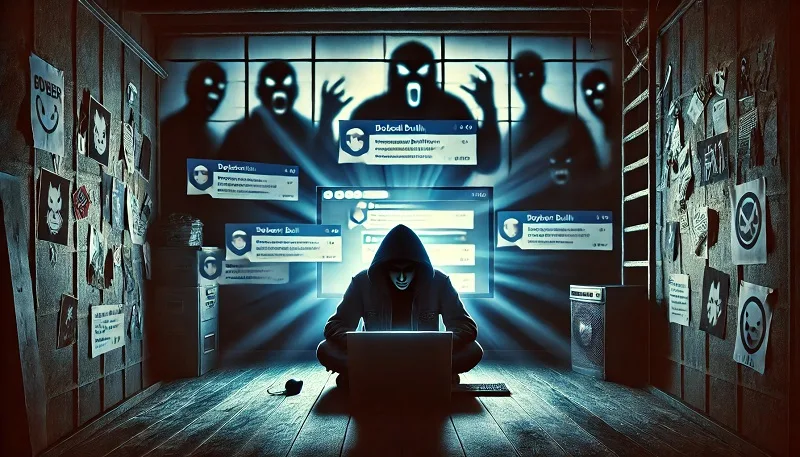 The Dark Side of Social Media: Cyberbullying and Online Harassment
The Dark Side of Social Media: Cyberbullying and Online HarassmentSocial media platforms have revolutionised communication and connectivity, but they …
-
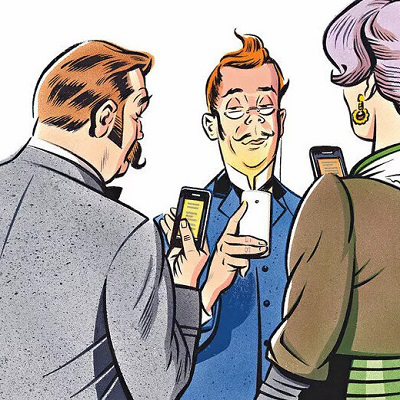 Responsibility in Social Media
Responsibility in Social MediaSocial media has become an integral part of modern life, …
-
 Impact of Social Media on Young People
Impact of Social Media on Young PeopleSocial media has become an integral part of today’s youth …
-
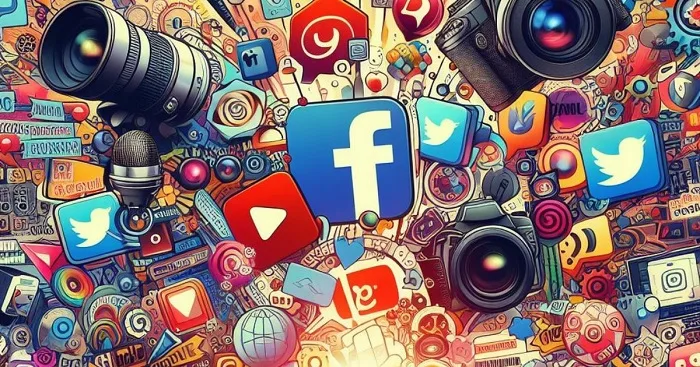 Effective Strategies for Self-Promotion on Social Media
Effective Strategies for Self-Promotion on Social MediaIn the digital age, establishing a strong online presence is …
-
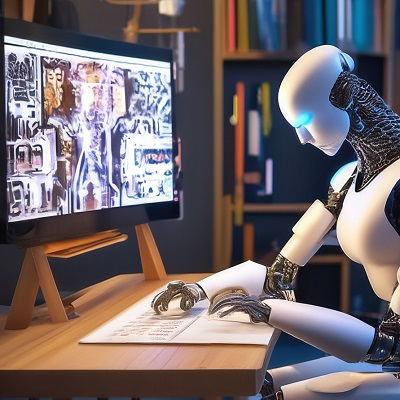 Social networks in the age of AI
Social networks in the age of AISocial networks have become an integral part of our daily …
-
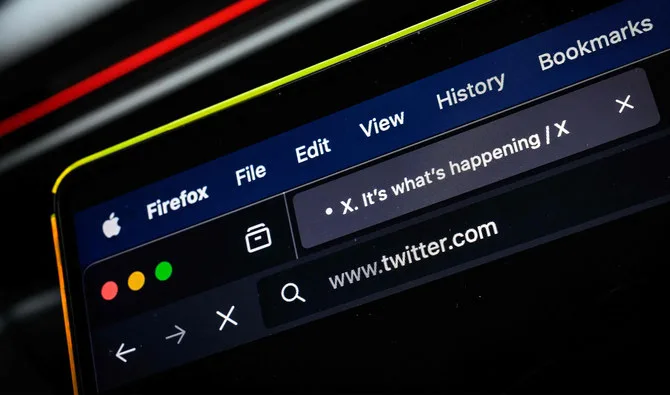 Twitter Is Gone With x.com Now the Primary Domain for the App
Twitter Is Gone With x.com Now the Primary Domain for the AppIn a significant rebranding move, Twitter has transitioned to x.com …
-
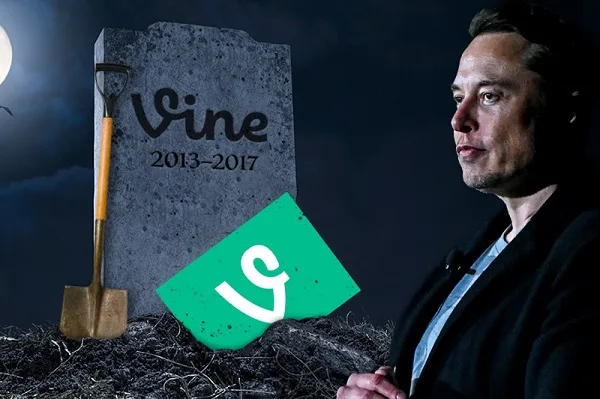 Elon Musk Teases the Return of Vine: What Could This Mean for Social Media?
Elon Musk Teases the Return of Vine: What Could This Mean for Social Media?Elon Musk, the tech magnate known for his dynamic approach …
-
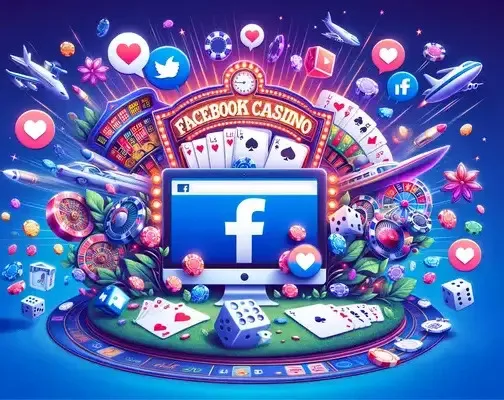 Navigating the World of Facebook Casino Games: What You Need to Know
Navigating the World of Facebook Casino Games: What You Need to KnowThe digital realm of Facebook isn’t just a space for …
-
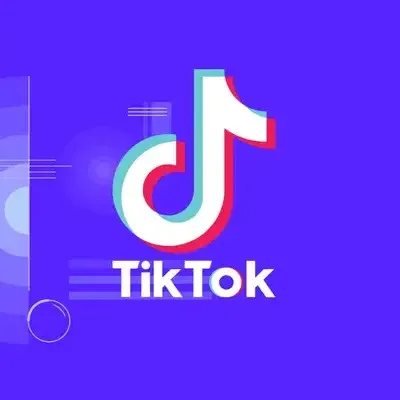 Using TikTok to Grow Your Business: A Step-by-Step Guide to Viral Success
Using TikTok to Grow Your Business: A Step-by-Step Guide to Viral SuccessIn today’s fast-paced digital world, TikTok has emerged as a …
-
 Safeguarding Personal Information on Social Networks
Safeguarding Personal Information on Social NetworksIn the digital age, social networks have become an integral …
-
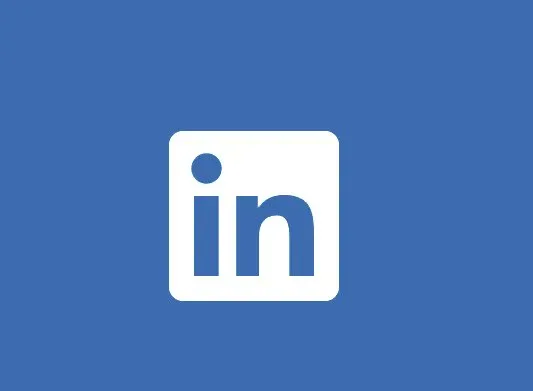 Decoding LinkedIn’s Latest Feed Algorithm Updates: What You Need to Know
Decoding LinkedIn’s Latest Feed Algorithm Updates: What You Need to KnowLinkedIn, the world’s premier professional networking platform, has recently unveiled …
-
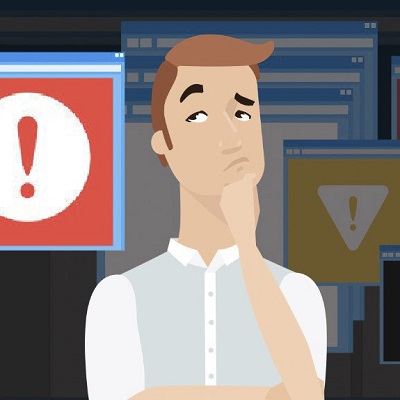 Distinguishing Truth from Lies on Social Networks
Distinguishing Truth from Lies on Social NetworksIn the digital age, social networks have become a primary …
-
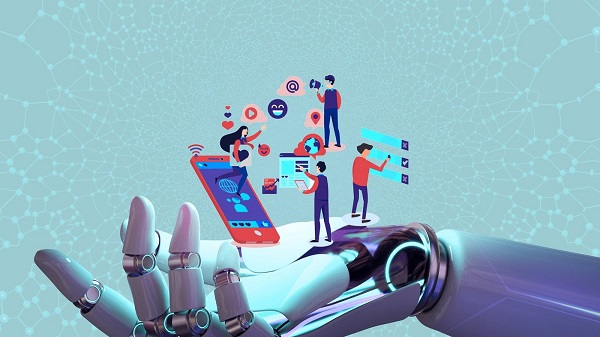 The Transformative Impact of AI on Social Media: An In-Depth Analysis
The Transformative Impact of AI on Social Media: An In-Depth AnalysisArtificial Intelligence (AI) refers to the simulation of human intelligence …
-
 What to Expect from Social Networks in the Near Future?
What to Expect from Social Networks in the Near Future?The landscape of social networking is evolving at a breakneck …
-
 Instagram’s New Feature: Protecting User Profile Images
Instagram’s New Feature: Protecting User Profile ImagesInstagram, the popular social media platform, is continually evolving to …
-
 Modern Business on Social Networks: Advantages of Presence
Modern Business on Social Networks: Advantages of PresenceIn the digital age, social media has emerged as a …
-
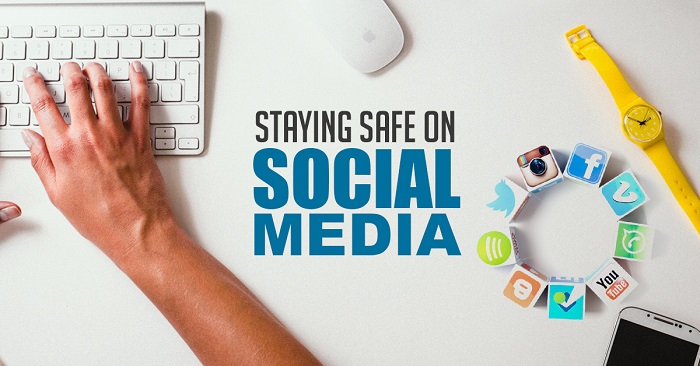 Social Media Safely: Essential Tips for Secure Online Interaction
Social Media Safely: Essential Tips for Secure Online InteractionAs social media continues to weave itself into the fabric …
-
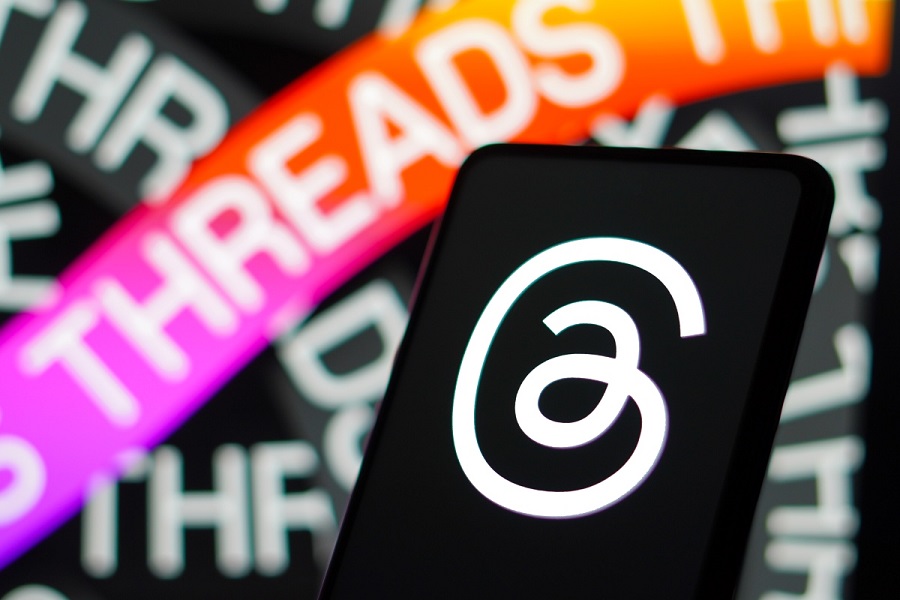 Threads in Media: Weaving Narratives That Bind Us
Threads in Media: Weaving Narratives That Bind UsMedia has always played a pivotal role in shaping societal …
-
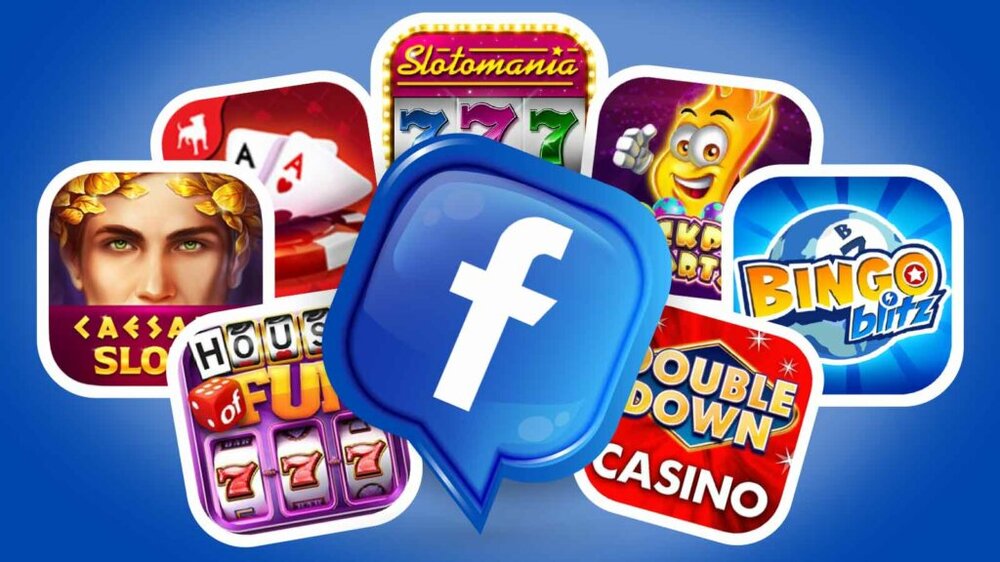 Facebook for Casinos: The Ace Up Their Sleeve
Facebook for Casinos: The Ace Up Their SleeveIn the digital age, casinos have transcended beyond their brick-and-mortar …
-
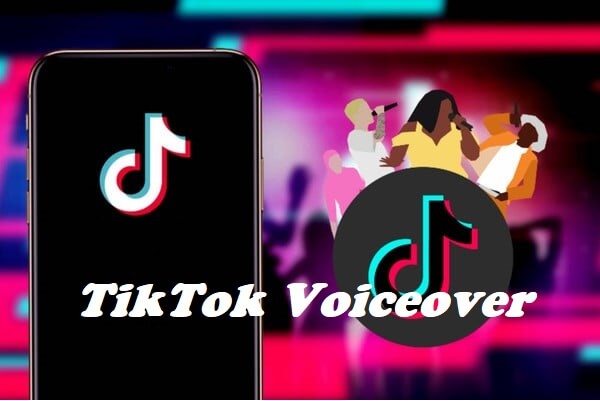 TikTok’s Haunting Melodies: New Voice Effects Just in Time for Halloween
TikTok’s Haunting Melodies: New Voice Effects Just in Time for HalloweenAs Halloween approaches, the eerie winds of change blow through …
-
 Pink Revolution: Unveiling X’s Iconic App Transformation with Paris Hilton
Pink Revolution: Unveiling X’s Iconic App Transformation with Paris HiltonBrand collaborations are nothing new in the digital age, but …
-
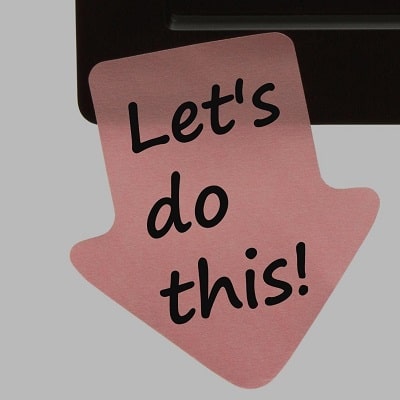 Aggressive Marketing: A Tool in the Casino Industry
Aggressive Marketing: A Tool in the Casino IndustryIn the glitzy and competitive world of online casinos, marketing …
-
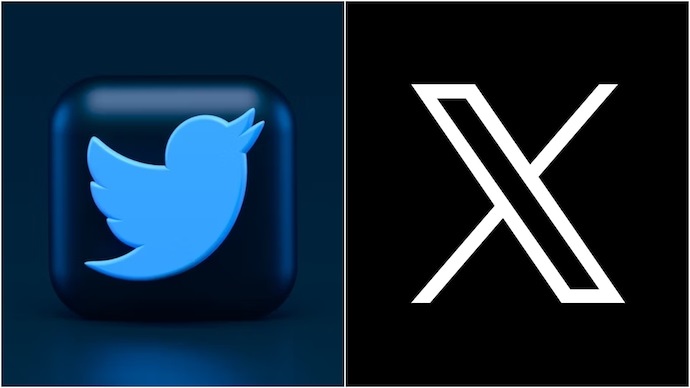 From Tweet to Transformation: Twitter’s Rebranding Journey
From Tweet to Transformation: Twitter’s Rebranding JourneyIn a world driven by constant evolution, Twitter, the global …
-
 The Silent Revolution: YouTube’s Decision to Disable Dislikes
The Silent Revolution: YouTube’s Decision to Disable DislikesIt’s hard to think of a platform that has influenced …
-
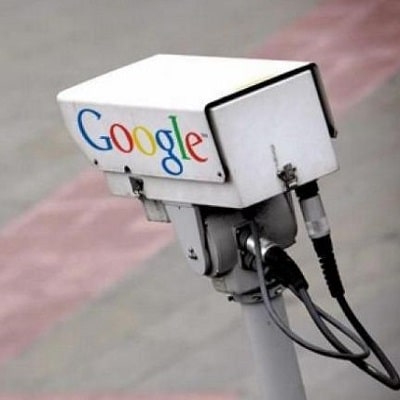 What Does Google Know About Us?
What Does Google Know About Us?Living in the digital era, the boundary between personal privacy …
-
 Navigating the Digital Canvas: Best Social Networks for Drawing Artists
Navigating the Digital Canvas: Best Social Networks for Drawing ArtistsIn an era where digitalization has become a game-changer, the …
-
 Mastering the Art of Self-Promotion on Twitter: A Comprehensive Guide
Mastering the Art of Self-Promotion on Twitter: A Comprehensive GuideWith over 330 million monthly active users, Twitter has become …
-
 How to increase the number of followers on Instagram?
How to increase the number of followers on Instagram?Instagram is one of the most popular social networks and …
-
 How to do detailed social media analytics?
How to do detailed social media analytics?Social media analytics can be quite a challenge, especially for …
-
 The beginnings of the Social Network
The beginnings of the Social NetworkOriginally, the term “social network” did not refer to the …
-
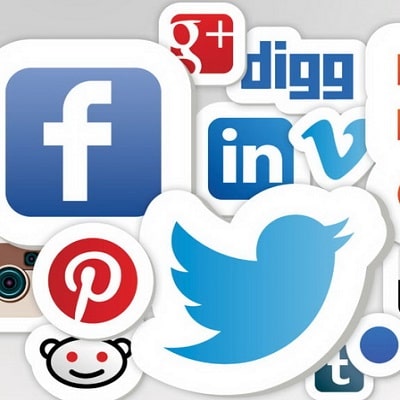 Social media: the history of its emergence and development
Social media: the history of its emergence and developmentSocial media has totally changed the way people live, dividing …
-
 What are the most popular platforms to communicate with these days?
What are the most popular platforms to communicate with these days?Discord – The cross-platform system Discord appeared in 2015, but …
-
 How do you know if you’re addicted to social media. Should we treat it?
How do you know if you’re addicted to social media. Should we treat it?There is a proposal in parliament in the UK to …
-
 What social media knows about us
What social media knows about usAlmost everyone now has a registered social media account. When …
-
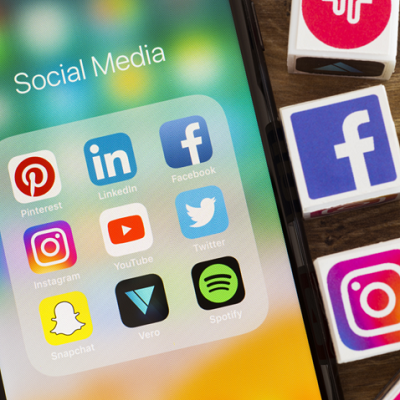 Positive and negative aspects of social networks
Positive and negative aspects of social networksSocial networks have made it possible for people to share …
-
 Facebook has become Meta
Facebook has become MetaRecently Mark Zuckerberg, the head of the major corporation Facebook …
-
 Trends and forecasts in social media marketing in 2022
Trends and forecasts in social media marketing in 2022By 2021, the number of social media users has reached …
-
 Instagram blocks people looking like celebrities
Instagram blocks people looking like celebritiesMany people have been fed up with advertisements for beauty …
-
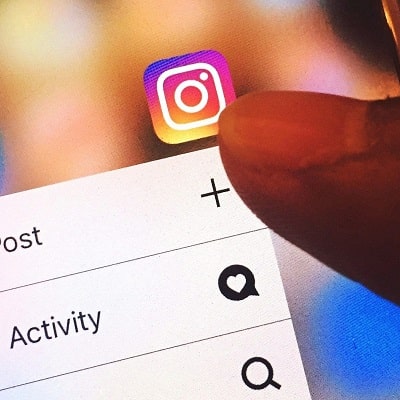 How Instagram likes affect the psyche
How Instagram likes affect the psychePsychologists have long revealed that social media can affect a …
